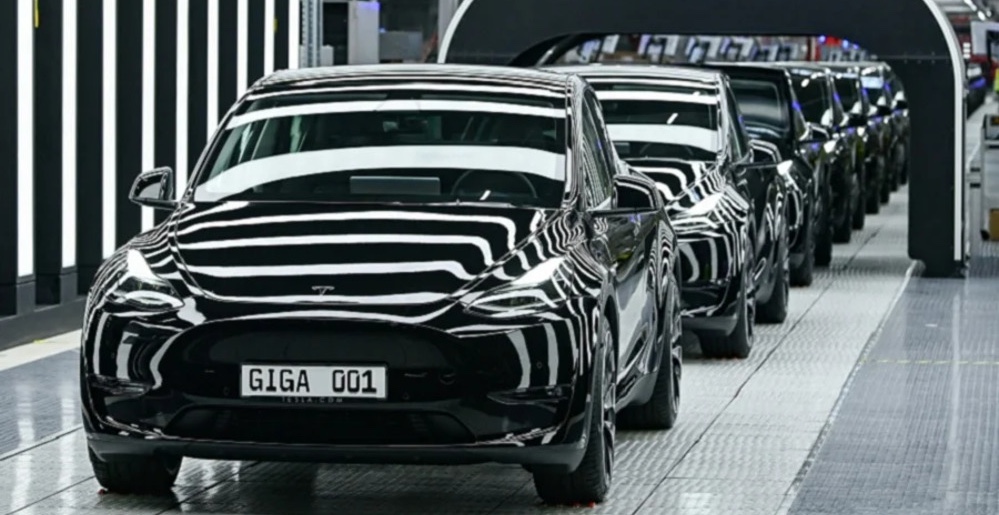The American electric vehicle manufacturer Tesla has announced a temporary suspension of production at its Gigafactory in Grünheide, Germany, citing conflicts in the Red Sea as the primary cause.
In a statement to Reuters, the electric vehicle pioneer stated that the lack of crucial components due to the security situation in the Red Sea has compelled this decision.
Tesla plans to resume production on February 12, with the company leaving details about the specific missing components open-ended.
Transportation delays of considerable lengths have led to gaps in the supply chains, forcing Tesla to suspend production at the Gigafactory from January 29 to February 11, with some exceptions.
Tesla becomes the first major company to limit production due to the conflict in the Middle East.
While other companies, including Chinese automaker Geely and furniture giant Ikea, have also warned of delivery delays recently, BMW currently reports no deterioration in its production.
However, analysts speculate that other automakers may face challenges in the near future.
Various industries are grappling with delivery bottlenecks, as many manufacturers source critical components from Asia, particularly China.
Sam Fiorani, Vice President of AutoForecast Solutions, notes that Tesla, which receives battery components from China, is the first to openly address the issue.
According to the German Chamber of Industry and Commerce (DIHK), disruptions are affecting multiple sectors.
Volker Treier, DIHK’s Head of Foreign Trade, explains, “A significant portion of trade between Europe and Asia passes through the Red Sea and the Suez Canal, causing essential preliminary products for the German industry to arrive late.”
Extended delivery times, higher transport costs in the form of increased freight rates, and rising insurance costs are starting to take a toll.
Treier warns, “The first warehouses are empty, and disruptions in production in German companies are becoming visible.”







